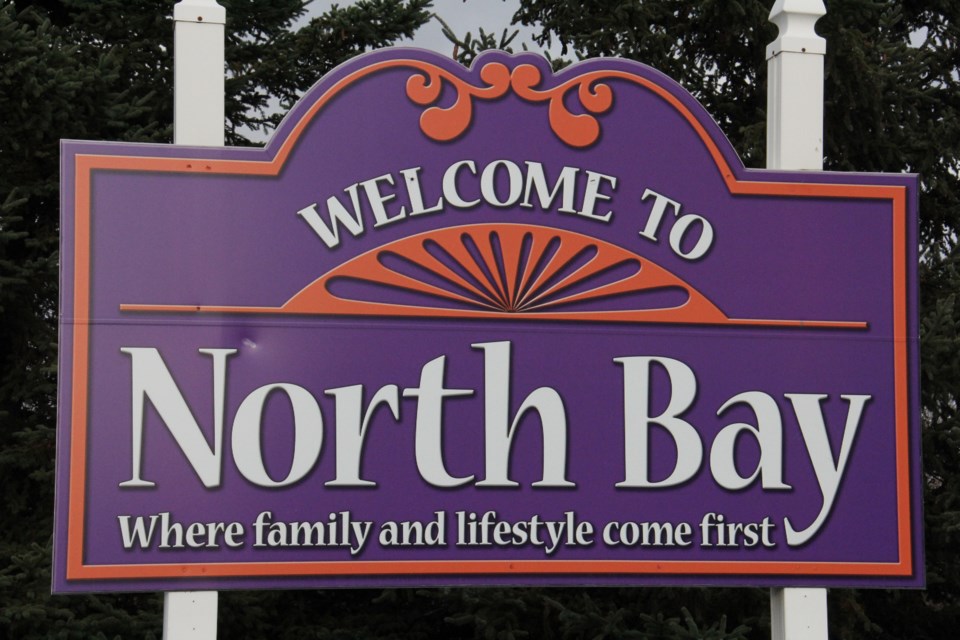The Rural and Northern Immigration Pilot is slowly gathering steam. Six of the 11 designated communities from Northern Ontario to British Columbia have active websites and are accepting applications for available jobs.
Cities not yet ready with signed Memoranda of Understanding with the federal government, but coming soon, are North Bay, Timmins, and Sudbury in Northern Ontario; Moose Jaw in Saskatchewan and West Kootenay Trail (Trail Castlegar, Rossland and Nelson) in British Columbia.
Those now up and running are: Sault Ste. Marie and Thunder Bay in Northern Ontario; Brandon and Altona/Rhineland in Manitoba; Claresholm, Alberta; and Vernon, BC.
If you are interested in gaining permanent residence through RNIP you have to commit to living and working in the host community. The point of the exercise is to help these communities attract workers who will stay and help grow the community.
To safeguard against those who want a path to permanent residence but don’t really want to stay in the community applicants need a recommendation from the community. In addition, they have to transition from temporary to permanent resident status while working in the community.
I have talked to people in North Bay who have come to Canada to study, completed their education in southern Ontario and moved to North Bay to take advantage of RNIP to gain a path to permanent residence. However, the city is stipulating that only graduates of Canadore College or Nipissing University, qualify as recent graduates, so their trek to North Bay to take a job in a call centre while waiting to apply will get them nowhere.
Patricia Carr of the North Bay & District Chamber of Commerce, the lead RNIP agency in the city, plans to review foreign nationals and recent North Bay post-secondary graduates who are already here and working first, before opening applications up to those outside North Bay or outside Canada. She estimates that will be 20 people out of the 100 applicants and their families allotted for 2020.
The lesson here is North Bay and likely all the communities will be on guard for those trying to game the system, so it’s wise not to try.
What kinds of jobs are available in these communities? For North Bay we don’t know yet because the MOU is not signed and the website is not active.
For a list of the websites that are active, check the Rural and Northern Immigration Pilot here: https://www.canada.ca/en/immigration-refugees-citizenship/services/immigrate-canada/rural-northern-immigration-pilot.html
Looking at one city in Northeastern Ontario, Sault Ste. Marie, a number of jobs are listed. Available jobs on each community’s site will change often during the five-year pilot. For now, here is what is on the menu in Sault Ste. Marie.
Civilian part-time relief staff for Sault Ste. Marie Police Service; AZ delivery driver; Part-time Registered Nurse in the Intensive Care Unit at the Sault Area Hospital; part-time Geriatric Emergency Management RN; mechanical maintenance technician, fitter/welder and a bricklayer at Algoma Steel; Human Resources Coordinator at District of Sault Ste. Marie Social Services Administration Board.
Part-time RNs at Sault Area Hospital; Senior QA Lead; aviation technologist; refrigeration and air conditioning mechanics; junior engineer at Norquay Engineering; residential HVAC installer; Tenaris Global Trainee Program: Health, Safety and Environment; professor of aviation at Sault College; aircraft maintenance engineer, project leads and NDT technicians and Aircraft Certification Authority at JD Aero; purchasing agent at Springer Aerospace.
Registered Practical Nurse at the Group Health Centre; machinists, millwrights, welder, welder/fitters at Soo Foundry; machinist at Algoma Steel; Senior QA Lead at PQA Testing; and part-time Personal Support Workers at FJ Davey Home.
These jobs have been difficult to fill, indicating the local supply is not meeting demand. Who knows what will be advertised next week, or next month on each site? Those interested in a path to permanent residence by living and working in one of Canada’s smaller communities, where accommodation is much more affordable and there is no or little traffic congestion, should be scanning the websites regularly.
Editor’s Note: Don Curry is a Regulated Canadian Immigration Consultant living in North Bay.
